Social Investment Fund: Audit reveals 'significant failings'
- Published
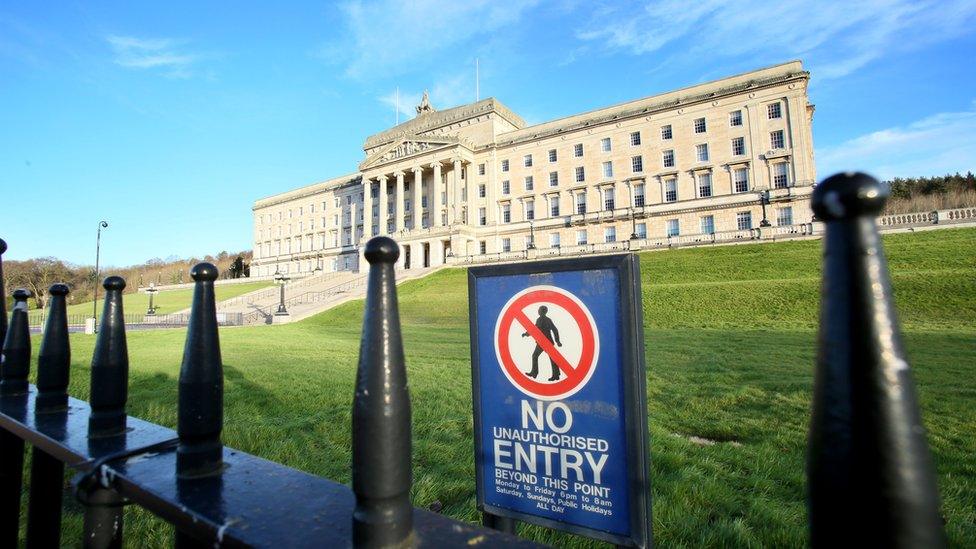
The Social Investment Fund was set up in 2011 by Stormont politicians, but is running five years over its original delivery deadline
There were "significant failings" in how a controversial multi-million pound fund to tackle social deprivation in NI was set up, auditors have found.
The Social Investment Fund (SIF) was created in 2011 by the Stormont executive.
The NI Audit Office has determined there were a number of flaws in how SIF was designed and implemented.
The Executive Office said it accepts the findings and recognises there were "shortcomings" in SIF's early stages.
There has also been a renewed call for an independent public inquiry into the fund, and the findings have led to criticism from a number of Stormont's political parties.
Ulster Unionist Party leader Robin Swann has written to the head of Westminster's Public Accounts Committee to urge an investigation into the fund.
Mr Swann's letter states that, as the former head of Northern Ireland's Public Accounts Committee, he can "confidently say we would have been investigating the findings of this report as a matter of urgency" and that the Westminster committee should step in given the NI committee's absence due to the "current political stalemate in Northern Ireland".
Sinn Féin has defended SIF and said it had been "innovative" in its approach to allowing communities to have a say in deciding where money should be spent to improve their communities - the DUP has yet to respond to a request for comment.
SIF was to deliver projects totalling £80m by 2015, but its budget and timeframe had to be extended.
The audit office began investigating the fund in March 2017, and has just published a report that is highly critical of how it operates.
What is the Social Investment Fund?
SIF was created to support community projects across Northern Ireland, from improving employability, reducing fuel poverty and education and early years initiatives.
Some £40m was for capital projects - funding new community centres, church halls and sports pitches, while the other half was for on-the-ground development programmes.
It was set up in a way that meant steering groups - made up of community, political and voluntary representatives - not the government, decided where money would be spent across nine area zones.
It is understood this was a unique design to allow communities to have a say in where the money was going, but it faced criticism over claims it lacked transparency and consistency.
What has the audit office found?
The report makes a number of findings that raise "serious concerns" about how SIF worked, it says.
There was no formal application process for groups to submit funding proposals, and in some cases there are no records of minutes from meetings where key funding decisions around projects were taken.
Guidance around the scheme from the Executive Office was "inadequate", there is "little evidence" that procedures were followed, there is no clear audit trail and a number of conflicts of interest were not declared, it adds.
What are some examples of concern?
The report also gives several examples of projects where it is concerned about the extent to which they represent value for money.
In east Belfast, SIF funding of £1 million paid for the construction of a GP surgery that the public sector is now also paying rent for.
GPs who run the surgery entered into a lease agreement with the site owner, Landmark East, an urban regeneration charity, which put £200,000 towards costs of constructing the building.
The rental payments, which will total £2.25m over 25 years, are being paid by the Health and Social Care Board.
The audit office said SIF funding was "unnecessary" in this case.
But the Executive Office said SIF funding ensured the building would be in an accessible location to both unionist and nationalist communities in east Belfast, and that there had been over 400 registrations since the surgery had opened.
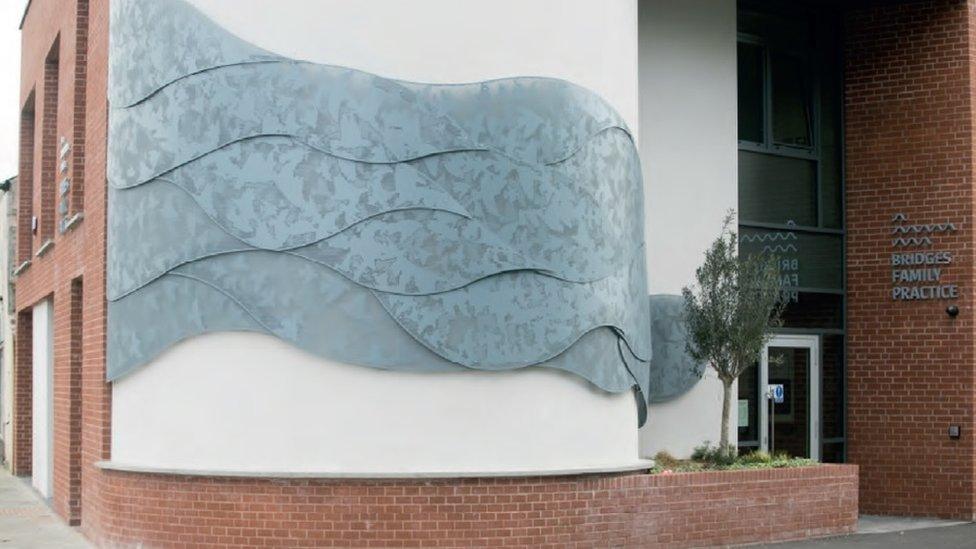
A million pounds was awarded in SIF funding towards the construction of a GP surgery in east Belfast, which the audit office says was unnecessary
It also found that records to justify a decision to award funding to refurbish and extend St Macartin's Cathedral Hall in Enniskillen, County Fermanagh, were incomplete.
Minutes of key meetings were not recorded and there is no documentation to support why the project went from 27th in rankings, to fifth.
It ultimately received £870,000.
What has the audit office said about its findings?
Northern Ireland's auditor general, Kieran Donnelly, said his office's conclusions were "very concerning".
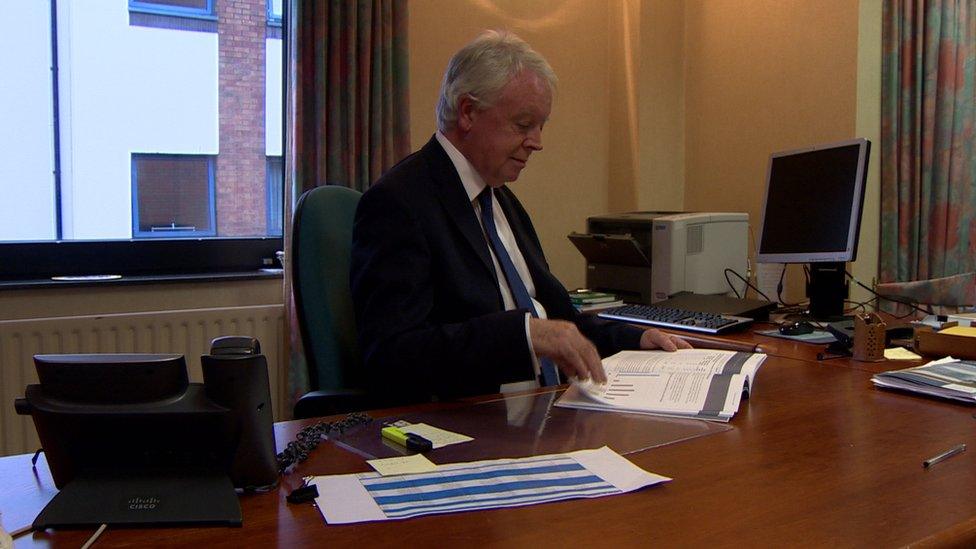
Kieran Donnelly is NI's comptroller and auditor general, and oversees the work of the audit office
"One of the most disappointing aspects of this case is the non-compliance with the most basic standards of public administration," he told BBC News NI.
"Of course there are some parallels with the Renewable Heat Incentive (RHI) scheme."
The RHI scheme was set up to boost uptake of eco-friendly fuel systems, but its overgenerous subsidies left taxpayers with a potential bill of hundreds of millions of pounds.
'Parallels' between Social Investment Fund and RHI'
Its failings led to the establishment of a public inquiry in January 2017 - its hearings have just ended.
Mr Donnelly, who gave evidence to the RHI inquiry, said in both RHI and SIF, there had been a lack of documentation in how key decisions were made and the design of both schemes was flawed from the start.
However, as the audit office is independent of government, it has not made any determinations on the political aspects of SIF or alleged links to paramilitary groups.
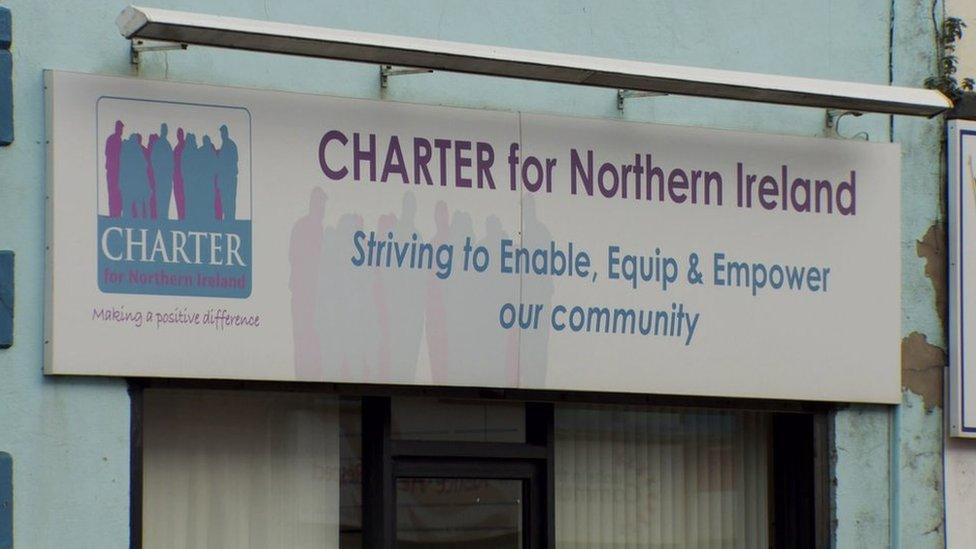
Charter NI, a community-based organisation in east Belfast, was awarded a SIF grant of £1.7m
Why has SIF been controversial in the past?
There was very public criticism of the Social Investment Fund in late 2016, after the head of an east Belfast group that received almost £2m from the fund went on a foul-mouthed rant about the government.
The group was Charter NI - its then chief executive was Dee Stitt, a leading Ulster Defence Association (UDA) member.
It later emerged that Charter NI had a role on the east Belfast steering group, which it received £1.7m of public money through.
That led to calls from some political parties for all the money awarded through SIF to be examined in a "root and branch" review.
Further political pressure built up after allegations that the assembly Speaker Robin Newton had been an adviser to Charter NI - he denied that, but apologised for not declaring he had a link to the group.
Why have the SIF budget and timeframe slipped?
The budget was initially set at £80m, and was meant to be fully spent by 2015, but that has not happened.
In 2016, the budget rose to £93.1m due to extra staff and building costs, while the timeframe had to be extended until 2019/20.
As well as that, out of the 68 projects that got approval, less than half of them have been completed, while five have not started yet.
The audit office concludes had a "realistic timeframe" been put in place earlier in the process, extra costs and delays could have been avoided.
Its report does, however, say that once projects got under way, the process improved.
It has made a number of recommendations urging improvements in transparency and good governance around the use of public money.
The Executive Office said it recognised there were "shortcomings" in the early stages of SIF, but that it would provide a more detailed response "in due course".
It welcomed that the report noted completed projects where outcomes to date are promising and value for money is likely to be achieved, they added.
- Published8 November 2018
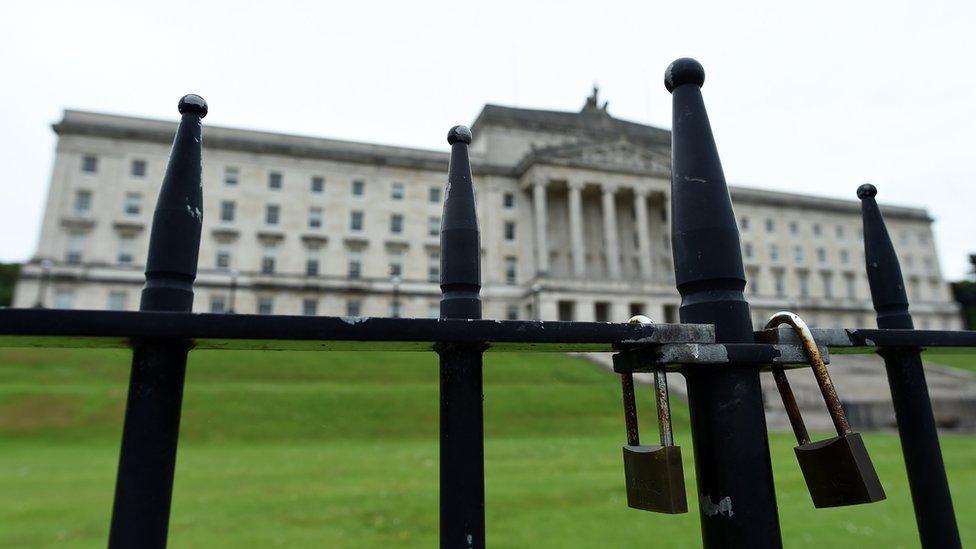
- Published19 April 2018
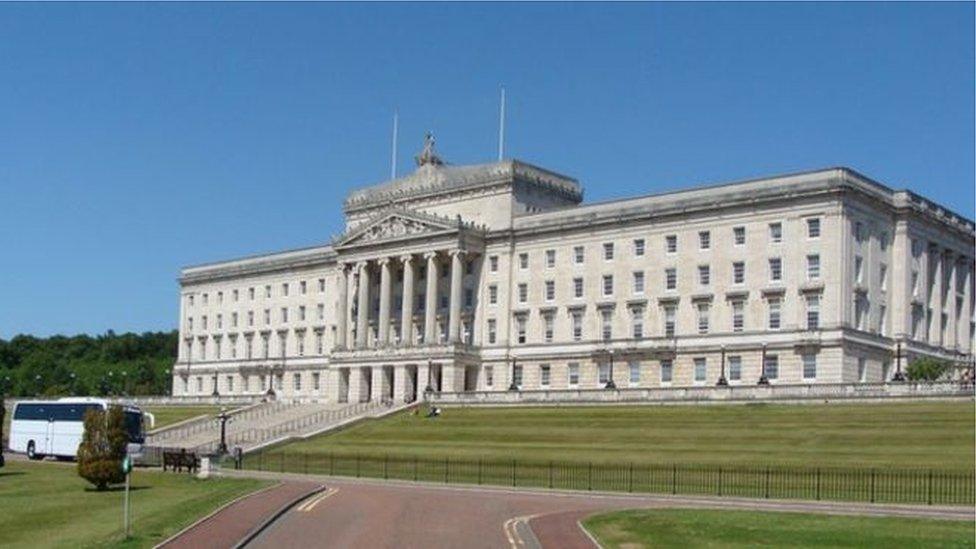
- Published14 December 2016
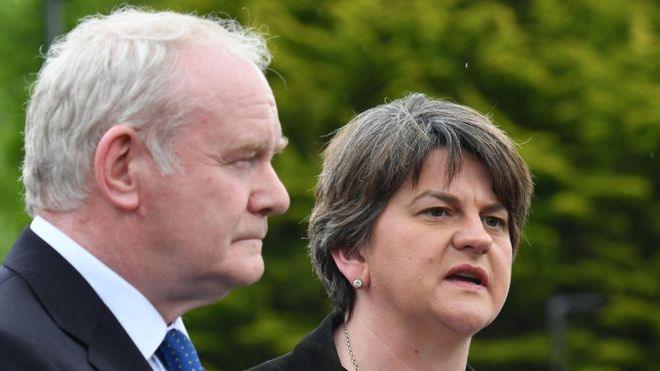
- Published6 December 2016
